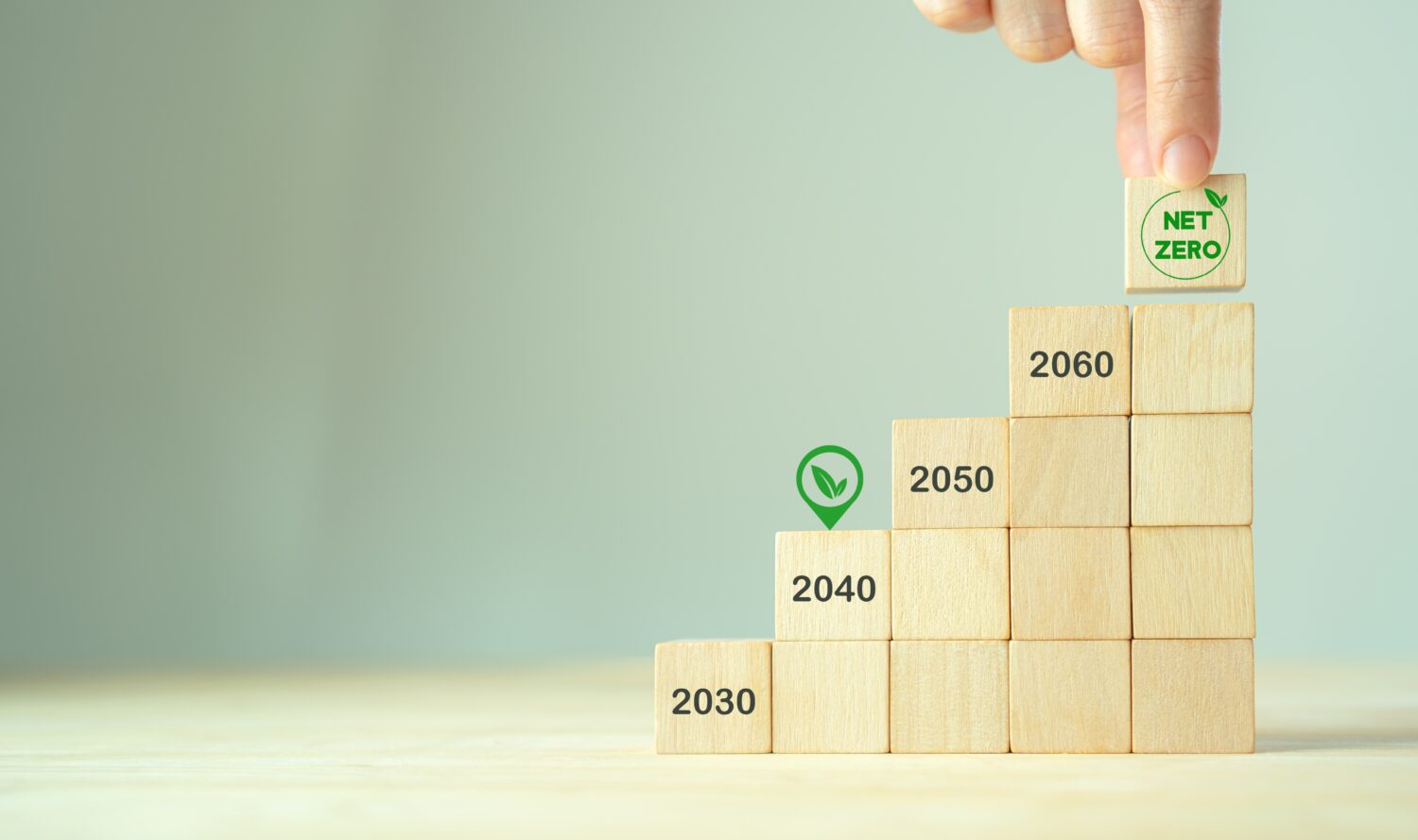Dassault Systèmes, a multinational software company headquartered in France, has set ambitious goals to reduce its carbon footprint and become net-zero by 2040.
The company describes itself as a sustainable innovation leader, providing virtual worlds that allow their clients to create innovative experiences for their own customers, with an aim to achieve a new development model to address the major challenges facing the world today.
The World Economic Forum states sustainability is the CFOs new best friend as demands are growing from all sides for organisations to take sustainability seriously. The WEC further says that evidence shows that CFOs who commit to sustainability targets outperform those who do not.
CFO Rouven Bergmann and his team have gone beyond traditional initiatives. While the team have reduced their air travel (by up to 50%) opting instead for the train, they have also taken significant steps to optimising global data centres through a transition to renewable energy.
By 2025, half the world’s data will be stored in the cloud. Following this development, data centre’ consumption of all available electricity and cooling water on Earth could increase from 3% today to 8% in 2030.
Dassault’s is working to ensure that Google’s data centres, among the largest in the world, optimised for energy consumption. Using their product lifecycle management software, Google can simulate and reduce energy usage.
Bergmann says this enormous investment is critical as data volumes and internet services continue to expand. “Companies like Google are building the necessary infrastructure, and we must optimise energy consumption and utilisation in these facilities,” says Bergmann.
Bergmann explains that Dassault is at the forefront of this effort and is playing a central role in shaping the industry’s future.
He says Dassault does this by selling software to the big cloud providers to reduce the energy consumption in their product lifecycle management software, adding that this is where their ability to do complex simulation of energy consumption came in.
Inhouse commitment
So crucial is being at the centre of innovation and sustainability for Dassault Systèmes that the finance team is also spearheading the charge to improve the organisation’s facilities and buildings to reduce water consumption.
With over 290,000 customers and 25 million users across 11 industries worldwide, Dassault prides itself on providing solutions for clients in mass retail, high-tech, and, more recently, fashion.
A largely science driven company, Bergmann explains that Dassault Systèmes’ commitment to sustainability includes optimising the design of a part in digital models mostly used in the virtual world or an entire system to be more sustainable and support their clients to improve the materials they use to be more sustainable and recyclable.
This led to their most recent partnership with PepsiCo which will see the beverage production giant use Dassault Systèmes software to reduce the amount of packaging they use for their products, positively impacting their carbon footprint, Bergmann says.
Bergmann tells The CFO that changes in customer behaviour had also led them to partner with PepsiCo, solely based on the American soft drink company’s stance on sustainability.
He says the massive partnership with PepsiCo was strategic as “it’s not only about the taste of the drinks and the food, but also about the perception of their brand, as it relates to sustainability and recyclability.”
“The carbon footprint is all the materials and packaging they’re producing,” says Bergmann adding that a priority was looking into how they can reimagine the industry in the future.
“I think sustainability drives all new investments, sustainability drives all the innovation, and this is why there’s still a lot of focus on cost and efficiency,” says Bergmann.
Consumers are driving businesses to net-zero
He says customer and consumer behaviour had shifted significantly, and that consumers being unhappy with a product’s recyclability have become a considerable risk for companies.
“While there is still a lot of focus on cost and efficiency, I think at the same level is sustainability and if you ask me, consumers are not happy with the level of sustainable materials and the product’s recyclability.
Bergmann says this is especially the case in the fashion and beauty industry where consumers who are not happy with the level of recyclability of a product distance themselves. “That drives all the changes in our customer base,” says Bergmann.
More work to be done
Bergman explains that though sustainability is engraved in the company’s strategy, more is needed, including educating employees on sustainability.
“It’s essential for everybody in our company to be aware of the consequences of increasing temperatures, sea levels, and so on,” he says.
“But then we also implement the targets into the objectives for management, senior management, and the executive committee”, says Bergmann.
Bergmann adds that the engineering company also designs and builds software to improve the real world by introducing the virtual world.
“This means more and more of what used to be happening in the real world we are able to simulate, through digital models or mock ups, to optimise the optimise the design of an entire system to be more sustainable and support our clients to also improve the materials they are using to be more sustainable, and recyclable,” says Bergmann.
Was this article helpful?
YesNo


